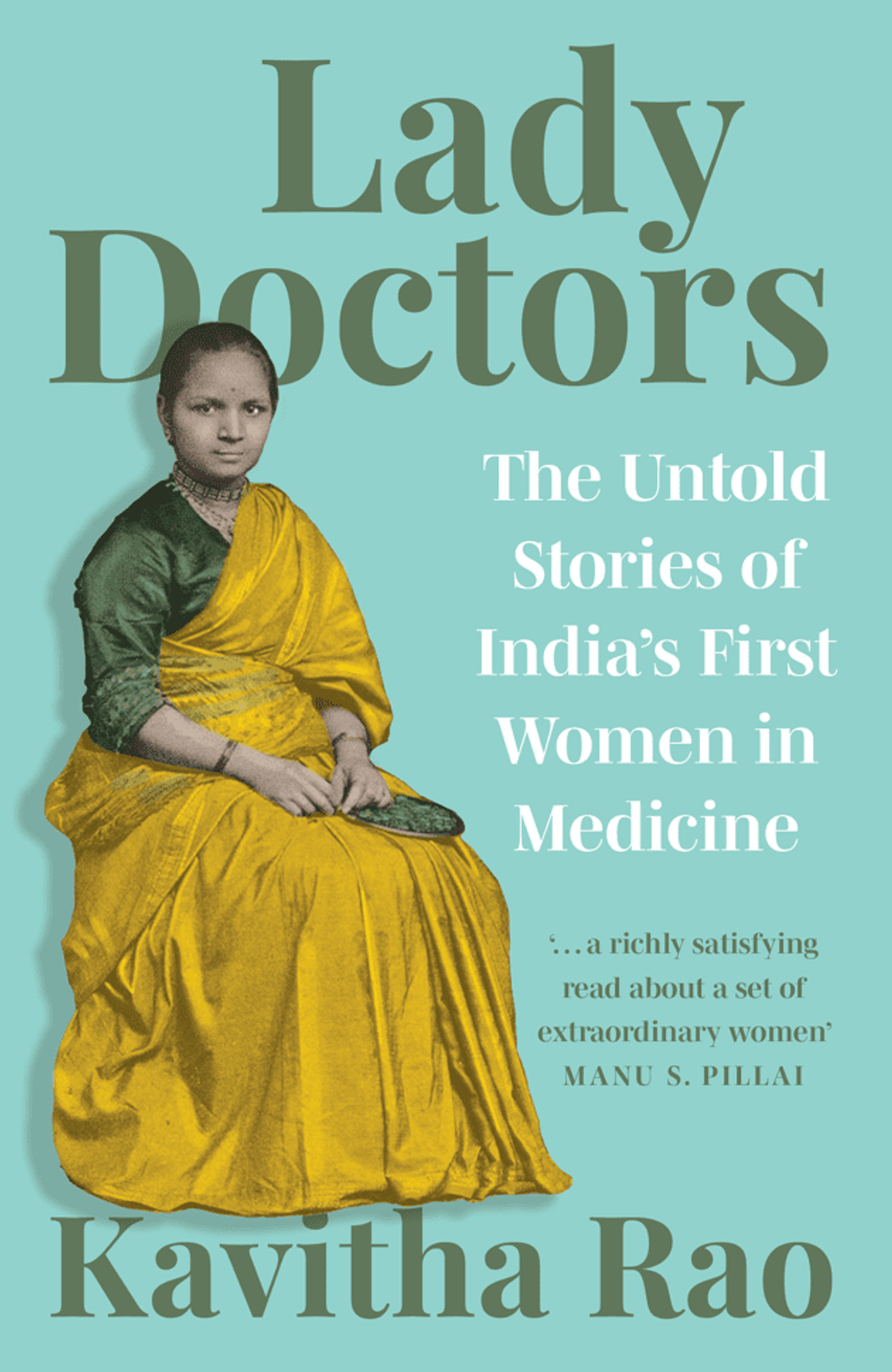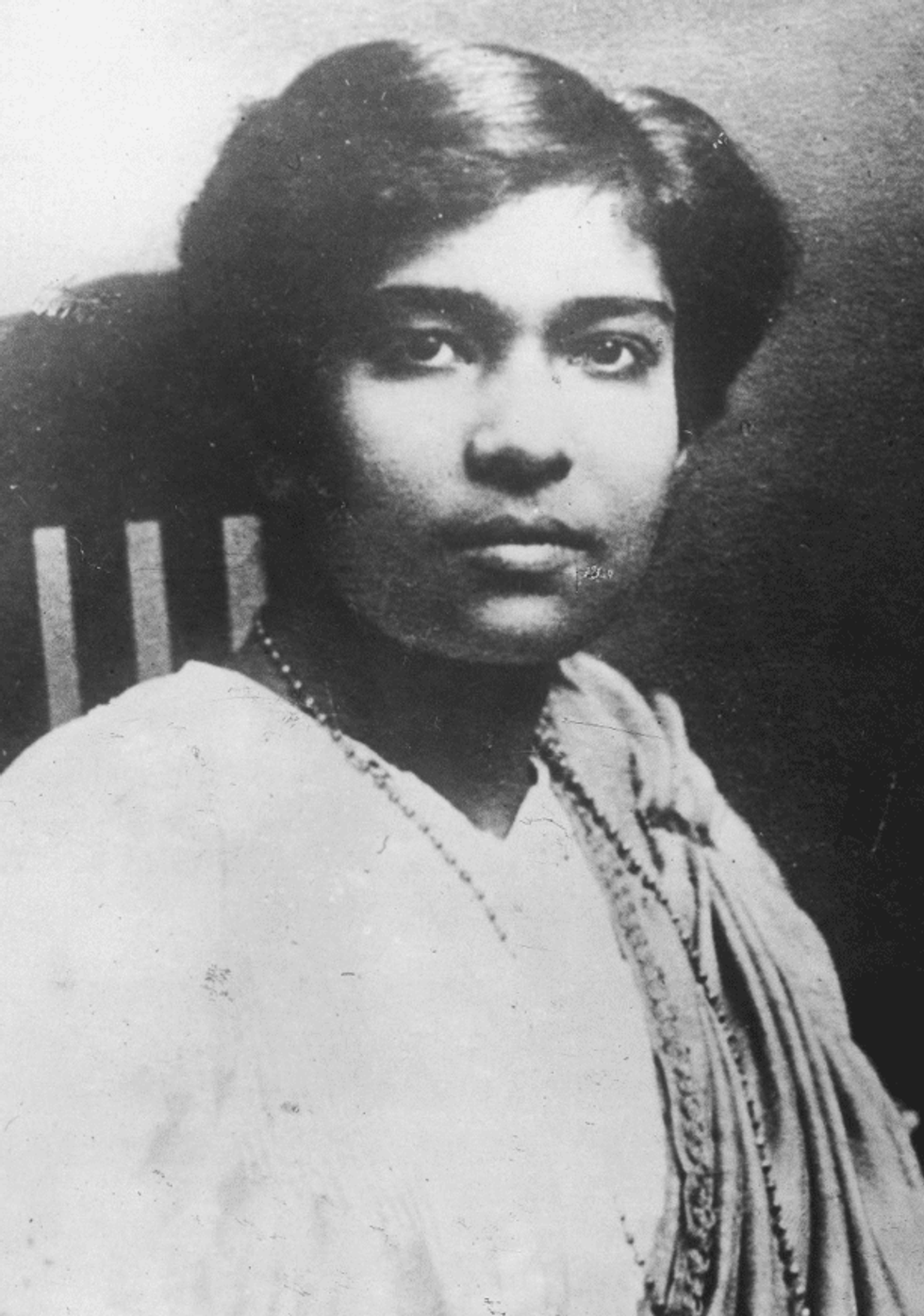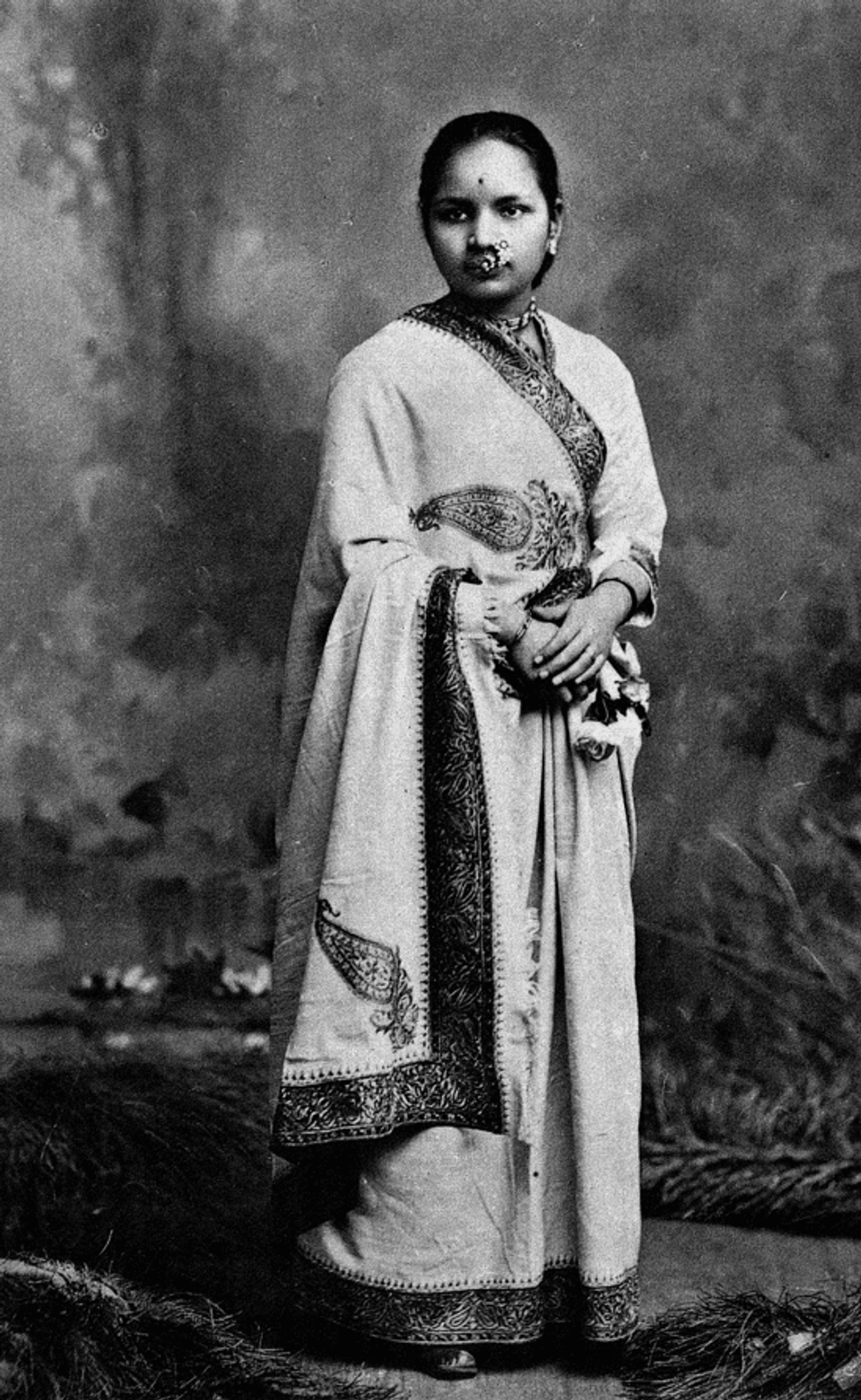A REMARKABLE new book tells the untold story of India’s first female doctors.
Lady Doctors by Kavitha Rao combines history with accounts of six incredible pioneers, who battled extreme sexism, caste prejudice and misogyny to realise a seemingly impossible dream, in an unforgiving man’s world.
The stories of doctors, including one who raised eight children while practicing and another escaping child marriage, shine a light on forgotten figures in history who broke ground for women, but also became trigger points for change in the medical field.
The book also looks at human struggles, overcoming challenges, not giving up, women having their rights snatched away and those who broke boundaries. Eastern Eye caught up with London based journalist, author and trained corporate lawyer Kavitha Rao to discuss her fascinating book and the hidden history she uncovered, including where the term ‘lady doctors’ comes from. She also revealed surprising historical figures who were against women becoming doctors.
What first connected you to writing?
My parents, particularly my father, were very keen readers. They also encouraged me to write. I began with small bits for the local paper and my school magazine. They always read everything I wrote with great interest.
What inspired you to write this unique book Lady Doctors?
A Google doodle, actually. I saw a doodle of one of the women in the book, Rukhmabai, and realised I knew nothing about her incredible journey. Then I read further and realised there were many similar, amazing women I knew nothing about. I was intrigued by how women doctors went from being called ‘whores’ (as happened to Kadambini Ganguly) to being highly respected professionals in the span of a century.
Tell us about your book...
Lady Doctors is a biography of India’s first women doctors from the 1860s to the 1930s. These women escaped child marriages, divorced husbands, defied conservatives, crossed oceans, and endured social ostracism, all to study medicine at a time when many Indian women were in purdah or did not even get a basic education. Several of them came to the UK to study, along with the first British women doctors. Eventually, they returned to India, where they served as mentors and icons for other women doctors, making medicine a much-coveted profession for Indian women.
How were you able to gather so much detailed information for this book?
It was a massive challenge, and I don’t think I’ve done enough. I had to scour libraries worldwide. Indian libraries and archives had very little on these women. By pure luck, halfway through the writing of this book, I moved to the UK, so was able to do research in the British Library. Friends worldwide helped me to access libraries and material in other countries.
Was the biggest challenge finding research material for this book?
Yes, it was, especially during the pandemic when most libraries were shut. There were no surviving relatives and very little archival material, such as memoirs, letters, or newspaper articles. A good example of how thin the material was, is the last chapter on Mary Poonen Lukose. Like so many of the women, Dr Mary stopped writing her memoir when she got married, so I had to fill in the gaps with material from a male doctor who was her contemporary. I didn’t want to but had no choice.
Were you surprised that more has not been written about these remarkable women?

Absolutely. They had been completely erased from history and from textbooks. It was amazing to me that Indian women in the 1860s were travelling overseas, divorcing their husbands, escaping child marriages, enduring social ostracism but no one spoke about it.
Why is it important to know about pioneers like this?
Well, one reason is because so many people, both men and women, think men make better scientists, inventors, and doctors. Actually, women were every bit as clever, and in some cases far cleverer, but were excluded from education and science. I think people should know that less than 100 years ago, women were not allowed to study science, practice medicine, or enter medical colleges. This is why women have lagged behind in science. Even Charles Darwin thought that women’s brains were smaller and that they would therefore make poor scientists.
You explain the origin of the term ‘lady doctor’. What is your opinion of it?
Well, it’s a sexist term, really, because it was used to demarcate lady doctors from general doctors, who were assumed to be men. Lady doctors were expected to assist only in childbirth and gynecological matters. But it’s useful to be reminded that there was a time when nearly all doctors were men.
You must have learnt some fascinating new facts while writing this book. Was there a particular favourite?

A favourite is that Florence Nightingale was actually completely against women entering medicine. She believed they were better suited to nursing. In 1860 she said in a letter to John Stuart Mill, ‘women doctors have only tried to be ‘men’ and they have only succeeded in being third-rate men’.
Could you tell us some of the surprising things you learned while writing this book?
One was that Bal Gangadhar Tilak, the renowned Indian freedom fighter and journalist who coined the phrase ‘Swaraj is my birthright, and I shall have it’, was completely against the scientific education of women. He believed Hindu women should receive only a basic education. In fact, he was one of the fiercest opponents of Rukhmabai, one of the women mentioned in the book, and criticised her savagely in his newspaper. Many supposedly progressive men, who fought for Indian independence, only believed in independence for one half of society. This hasn’t changed.
Who are you hoping connects with this book?
Everyone really. It is not just meant for doctors, or women, or women doctors, or even Asians. The story of how women entered medicine is relevant for everybody. I believe that simple writing is good writing, so it’s a book meant for the general reader.
What do you enjoy reading?

I enjoy reading historical non-fiction and fiction, which is why I wrote this book, but I also love crime and gothic novels. Authors I enjoy include Hilary Mantel, Sarah Waters, Mary Renault, David Grann, Vikram Seth, and the great Agatha Christie.
What inspires you as a writer?
Telling tales that no one knows about, unearthing forgotten histories and surprising my readers, while also writing as simply and compellingly as I can to appeal to as many readers as I can. I am currently writing my next book, which is about two extraordinary Asian men who did amazing things, but like the lady doctors, have been erased from history.
Why should we pick up your new book?
Because it will astonish, move and inspire you. If you are exhausted and burnt out, as we all are in the UK at the moment, reading about women who overcame incredible difficulties to study medicine may help.
Lady Doctors: The Untold Stories of Indie's First Women in Medicine by Kavitha Rao has been published as an e-book on August 10, and will be available in hardback from next Thursday (7)





 Naeli and the secret song
Naeli and the secret song








 Jamie Lloyd’s Evita with Rachel Zegler set for Broadway after London triumphInstagram/
Jamie Lloyd’s Evita with Rachel Zegler set for Broadway after London triumphInstagram/
 A compelling premise, layered and unpredictable charactersAMG
A compelling premise, layered and unpredictable charactersAMG Anyone who enjoys a gripping story with a diverse cast and unexpected twistsHarperFiction
Anyone who enjoys a gripping story with a diverse cast and unexpected twistsHarperFiction
 The Story Teller by Ley Roberts
The Story Teller by Ley Roberts Summer Exhibition coordinator Farshid Moussavi, with Royal Academy director of exhibitions Andrea Tarsia in the background
Summer Exhibition coordinator Farshid Moussavi, with Royal Academy director of exhibitions Andrea Tarsia in the background An installation by Ryan Gander
An installation by Ryan Gander A sectional model of DY Patil University Centre of Excellence, Mumbai, by Spencer de Grey
A sectional model of DY Patil University Centre of Excellence, Mumbai, by Spencer de Grey Rituals and Identity and Theatre of Resistance by Arinjoy Sen
Rituals and Identity and Theatre of Resistance by Arinjoy Sen
 An explosive new play that fuses biting satire, history and heartfelt storytellingPleasance
An explosive new play that fuses biting satire, history and heartfelt storytellingPleasance